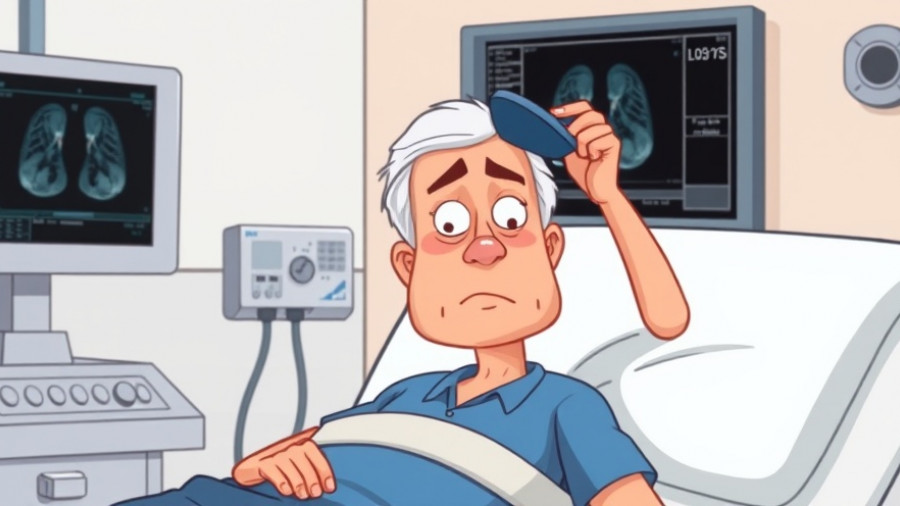
The Complex Tapestry of Addiction and Grief
When grappling with the effects of addiction, it’s easy for parents to feel their lives are turned upside down, especially when they are confronted with the dual challenges of substance abuse and the emotional turmoil it brings. For many families, the journey through addiction is not just about recovery; it encompasses layers of grief over lost potential, hope, and even the very essence of family unity. As parents, navigating these troubled waters can feel like being lost in a storm.
Understanding the Ripple Effects of Addiction
Addiction doesn’t solely affect the individual; it reverberates through the entire family structure. Parents often find themselves not just in the role of caregiver, but as emotional support pillars, accountability partners, and, at times, enablers. The impact of this dual role creates a complicated emotional landscape, frequently leaving parents feeling isolated and overwhelmed.
The Importance of Recognizing Grief in Addiction
Grief can take many forms during the recovery process. Parents may experience anticipatory grief for the loss of the child they once knew before addiction took hold. Understanding that it is normal to feel sorrow for various aspects of the situation can lighten the burden. Seeking help through addiction support groups or family therapy can provide parents with the coping mechanisms necessary to address their grief as they strive for healing.
Effective Interventions: A Crucial Step Toward Recovery
Recognizing the necessity for intervention is an essential step in addiction recovery. Intervention services can guide families in facilitating discussions with their loved ones about the consequences of substance abuse and the urgency of seeking help. Utilizing options like outpatient treatment or inpatient rehab can provide individuals with the structure needed to confront their addiction head-on. Tailored recovery programs that include behavioral therapy and family therapy offer vital support systems during this challenging time.
Adopting Holistic Approaches to Healing
Holistic addiction treatment methods can complement traditional therapy and counseling approaches. Techniques such as yoga, mindfulness, and nutrition play significant roles in promoting overall well-being, making the process of recovery more manageable. For many parents, exploring these avenues can serve as both a learning experience and a path toward personal recovery as they help their children.
Real Stories of Resilience and Hope
Inspite of the hardships faced due to addiction, many families emerge with renewed strength. Stories of individuals succeeding in their recovery journey often serve as powerful motivators for others. Whether through participating in recovery retreats or engaging with addiction recovery podcasts, hearing these narratives can instill hope in parents and foster a belief that healing is possible.
Practical Tips for Parents on the Healing Journey
- Set Healthy Boundaries: Learning to set boundaries can protect parents emotionally and create a structured environment for their loved ones.
- Seek Support Groups: Participating in peer support groups can alleviate feelings of isolation, connecting parents with others facing similar challenges.
- Encouragement through Communication: Keeping open lines of communication with their loved ones fosters an environment of trust and understanding.
Taking Action: Your Journey Toward Healing
For parents managing the effects of addiction within their families, exploration of resources such as addiction recovery workshops, individual counseling, and even the option of enrollment in 12-step programs like Alcoholics Anonymous or Narcotics Anonymous can provide actionable steps toward healing. Today, take the first step by reaching out for help and joining a support community that understands your struggles.
 Add Row
Add Row  Add
Add 




Write A Comment